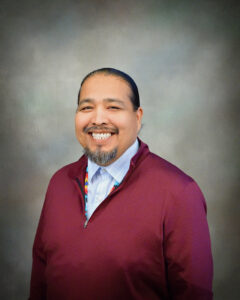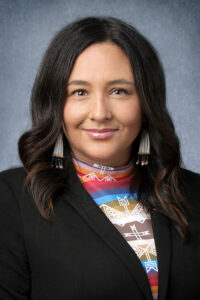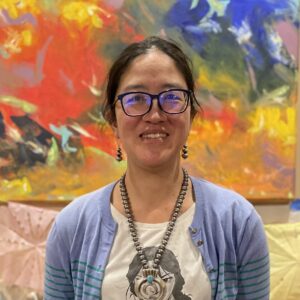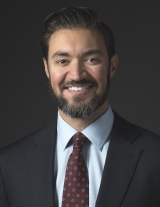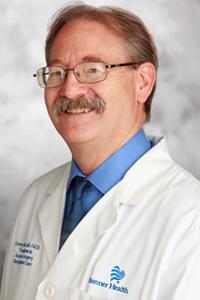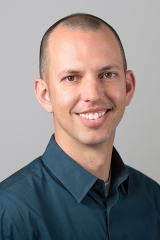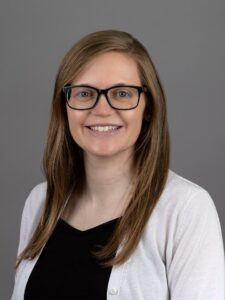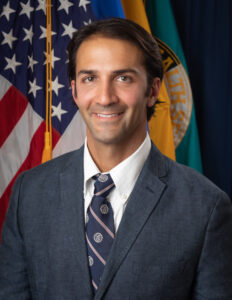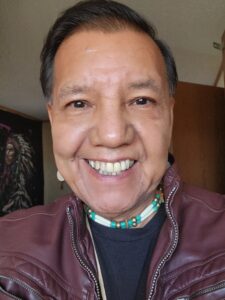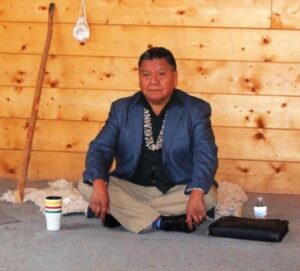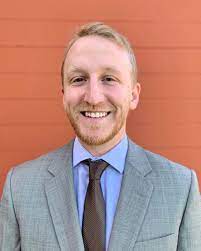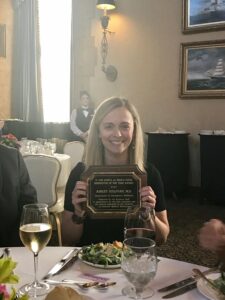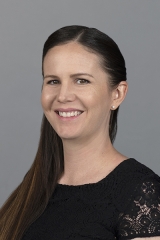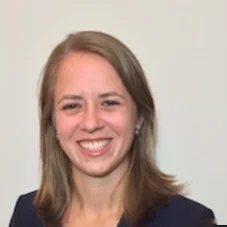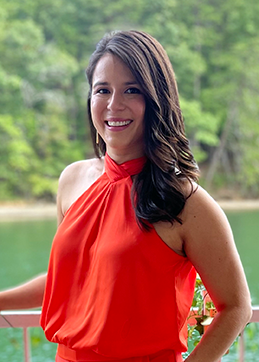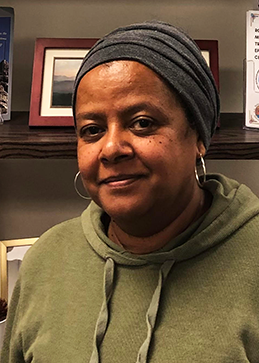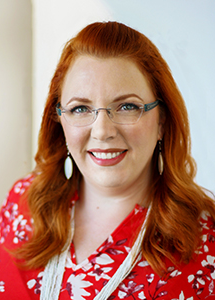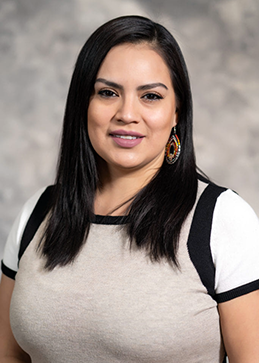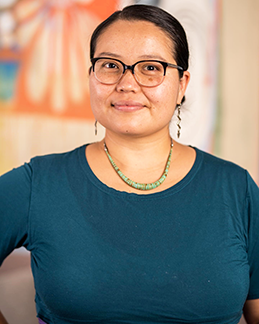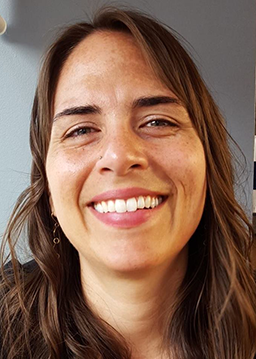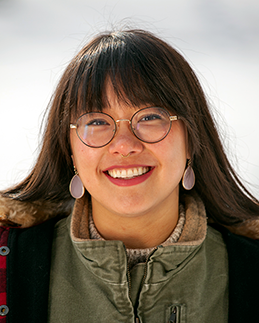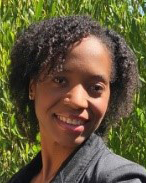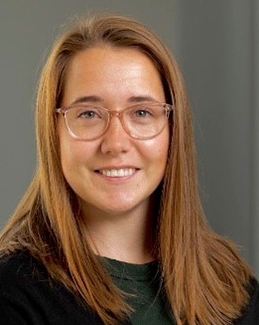Hear Their Concerns: How to provide pregnancy care and a warm handoff to prenatal care | February 27, 2024
Date of Presentation: January 23, 2024
Type: Past Presentation
Audience: Clinical
Program: Care and Access for Pregnant People ECHO Program
Keywords: #birthing #pregnancy #prenatal care #special considerations #substance use
In this series of presentations, moderator Dr. Patricia (Tricia) Capo (Minnesota Chippewa Tribe), Indian Health Service (IHS) Deputy Chief Clinical Consultant for Obstetrics and Gynecology, welcomes speakers Dr. Michelle Debbink, assistant professor in the Department of Obstetrics and Gynecology at the University of Utah School of Medicine and Vice Chair for Equity, Diversity, and Inclusion in the Department of Obstetrics and Gynecology at the University of Utah Health Sciences Center, and Andrea Klimas (Oglala Lakota), Clinical Director at Native American Connections Patina Wellness Center. Andrea opens by sharing the story of the Patina Wellness Center, a residential substance use treatment center designed to support pregnant people and families in recovery from addiction or substance use disorder and prevent family separation. Then, Dr. Michelle Debbink shares case discussions, and provides a broad overview of providing pregnancy care in the 1st, 2nd, and 3rd trimesters, best practice guidelines as well as special considerations, including substance use care. The new Care and Access for Pregnant People ECHO Program includes an opportunity to engage in a didactic presentation, gain insight on how I/T/U facilities may effectively integrate timely pregnancy care, and become part of a learning community.
To find care services please refer to IHS.gov for a map of IHS, Tribal, or Urban Indian Health Program facilities, guide for patients, and guide to care outside IHS.
Recording:
Presented by:
Michelle Debbink | Andrea Klimas | Tina Pattara-Lau | Patricia (Tricia) Capo
Michelle Debbink, MD, PhD, is a maternal-fetal medicine specialist and her clinical interests include providing prenatal care for patients with high-risk or rare medical conditions during pregnancy, including diabetes and congenital heart disease, abnormal placenta conditions such as placenta previa or placenta accreta spectrum disorders, and fetal and genetic conditions such as twin and higher order multiple pregnancies and anomalies. She provides services including vaginal and cesarean delivery, complicated cesarean delivery and cesarean hysterectomy, cervical cerclage, intrauterine transfusion (IUT) and percutaneous umbilical cord sampling (PUBS), and amniocentesis. Her research focuses on racial, ethnic, and geographic inequities and disparities in perinatal outcomes, including low birthweight, small for gestational age, maternal morbidity and maternal mortality. Dr. Debbink is particularly interested in how social structures, neighborhood factors, and health policy produce and reinforce perinatal health disparities among Black, Indigenous and other people of color. Dr. Debbink received her bachelor’s degrees in Sociology and Health Policy from Rice University in Houston, Texas. She received her medical degree from the University of Michigan Medical School and completed her PhD in Health Services Organization and Policy at the University of Michigan School of Public Health. Dr. Debbink completed her Obstetrics and Gynecology residency at the University of Michigan as well. She moved to Salt Lake in 2017 to complete her Fellowship in Maternal-Fetal Medicine at the University of Utah. The privilege of caring for others in important, vulnerable, and life-changing moments is Dr. Debbink’s highest honor. She looks forward to building supportive relationships with birthing folks from all over Utah that are based on mutual trust and respect. Through research and practice, Dr. Debbink seeks to collaborate on efforts to reinforce and build resilient communities for all pregnant and parenting folks and their families. When Dr. Debbink’s not enjoying clinical medicine or research, she spends her time with family and her dogs, reading, hiking, skiing, camping, stargazing, playing board games, or trying to find some quiet time near the water somewhere.
Andrea Klimas, MS, LISAC, BHP (Oglala Lakota), has worked in the alcohol/substance use disorder (A/SUD) treatment and recovery field for close to 10 years, and she has been working at Native American Connections (NAC) in various clinical, assessment, and cultural services roles/positions for eight years. Her work experience at NAC also includes serving as a Cultural Service Provider focused on ensuring adult clients have access to Traditional Native healing practices. Since January 2021, Ms. Klimas has been serving as NAC’s Clinical Director of its Patina Wellness Center, a 70-bed women and couples behavioral health residential facility located in Phoenix, Arizona. In this position she provides daily clinical oversight and manages the clinical program in a manner that is consistent with NAC’s mission and strengths-based philosophy, as well as clinical and ethical best practices. NAC’s program model at Patina Wellness Center includes providing childcare to infants and children ages 0-10 years of age, and parenting support to the pregnant-postpartum women/mothers receiving A/SUD treatment. Ms. Klimas also has experience with NAC’s implementation of its Circle of Strength (COS) program designed to foster improved family cohesion and stability through integrated family counseling sessions that addresses interfamilial conflict, communications challenges, and issues unique to the recovering family. Ms. Klimas holds a Bachelor of Arts in Psychology from Arizona State University and a Master of Science in Addiction Counseling from Grand Canyon University. She is a Board Certified Licensed Independent Substance Abuse Counselor in the State of Arizona.
CDR Tina Pattara-Lau, MD, FACOG, is the Maternal and Child Health Consultant with the IHS Office of Clinical and Preventive Services. In this role, she serves as subject matter expert, develops national programs and policies, and collaborates with federal and community resources to optimize patient access to quality care. She began her IHS career in 2015 as an OB/GYN at Phoenix Indian Medical Center, Parker and Peach Springs Indian Health Centers, and Valleywise Health Medical Center. During the COVID-19 pandemic she developed modified guidelines for OB/GYN care including delivery of telehealth prenatal care, vaccine education for patients, and multidisciplinary simulation training for Obstetric Readiness in the Emergency Department. Tina graduated from the University of California, Berkeley with degrees in Molecular and Cell Biology and Psychology. She commissioned into the US Public Health Service in 2007 and received her medical degree from the Uniformed Services University of the Health Sciences in 2011. She completed her OB/GYN residency at the Naval Medical Center, San Diego, is board certified, and a fellow of the American College of Obstetricians and Gynecologists
Patricia (Tricia) Capo, MD, FACOG, is an ObGyn physician at Alaska Native Medical Center and Southcentral Foundation in Anchorage, Alaska. She graduated from Mayo Clinic Alix School of Medicine and completed her residency training at The Mayo Clinic and Greenville Hospital System in South Carolina. Tricia has an inherent passion for Indigenous women’s health. She is a member of the Minnesota Chippewa Tribe and grew up on the White Earth Reservation in northern Minnesota. As a physician and a patient in the IHS system she hopes to provide a unique perspective and strive for quality care for Indigenous people.
Resources Provided:
- Agenda/CE Disclosures
- To Claim CE
- Prenatal Worksheet (ANMC)
- Women's Health Clinical Guidelines (ANMC)
- National Maternal Mental Health Hotline (HRSA)
- Hear Her – Resources for American Indian and Alaska Native People (CDC)
- FindTreatment.gov (SAMHSA)
- Elevated Access
- M + A Hotline
- Hear Their Concerns: How to provide pregnancy care and a warm handoff to prenatal care (Presentation Slides)
- Patina Wellness Center (Presentation Slides)
Date added: February 6, 2024
